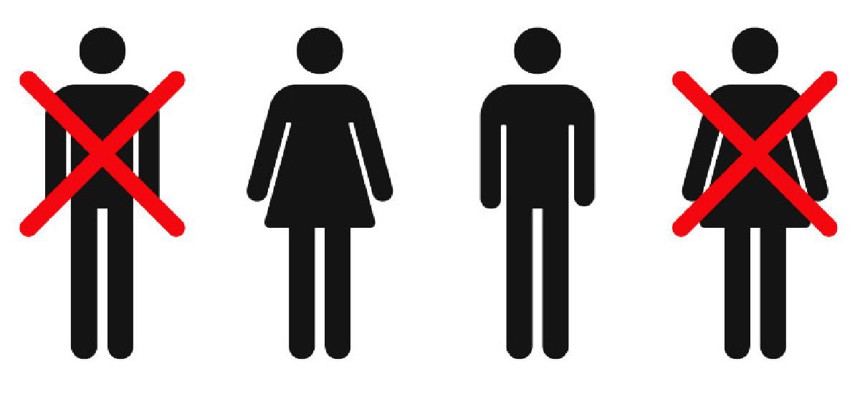Federal court upends Trump's workforce orders

A federal district court ruled that key provisions in three executive orders were invalid because of conflict with existing law.

A federal district court ruled that nine provisions in three executive orders were invalid because of conflict with existing law.
While acknowledging that the executive branch has wide latitude to set workforce policy, District Court Judge Ketanji Brown Jackson ruled that aspects of the workforce orders "plainly further the President's intention to restrict the scope and effectiveness of federal employees' right to collective bargaining," and that such provisions "conflict with congressional intent in a manner that cannot be sustained."
The ruling invalidates provisions in the collective bargaining executive order that specify the time it takes to negotiate a collective bargaining agreement and requiring written communications as the means of negotiations between unions and management, even in cases where such a requirement is specifically prohibited by a collective bargaining agreement.
Judge Jackson's ruling also cut some of the central features of the executive order restricting the use of "official time" – time spent by federal workers on union business such as hearing grievances from employees or lobbying Congress on legislation. Jackson also invalidated a provision requiring employees to obtain written preauthorization for official time activities.
The ruling also invalidated key provisions in the executive order making it easier to fire federal employees that set new standards on grievance negotiations and set a 30-day limit on turnaround plans to improve an individual's performance.
Congress, by enacting the Federal Service Labor-Management Relations statute, "undertook to guarantee federal employees the statutory right to engage in good-faith collective bargaining with agencies and executive branch officials," Jackson wrote in her opinion.
"Now that the judge has issued her decision, I urge all agencies that have attempted to enforce this illegal executive order to restore all previously negotiated contracts and to bargain in good faith with employee representatives on any future changes as required under the law," said J. David Cox Sr., national president of the American Federation of Government Employees, which brought one of the original legal challenges to the orders.
Early efforts to implement the order at agencies have been uneven and chaotic , unions charged.
As of this writing, the White House has yet to issue a statement on the ruling. The case can be appealed.
NEXT STORY: HUD names new CIO



